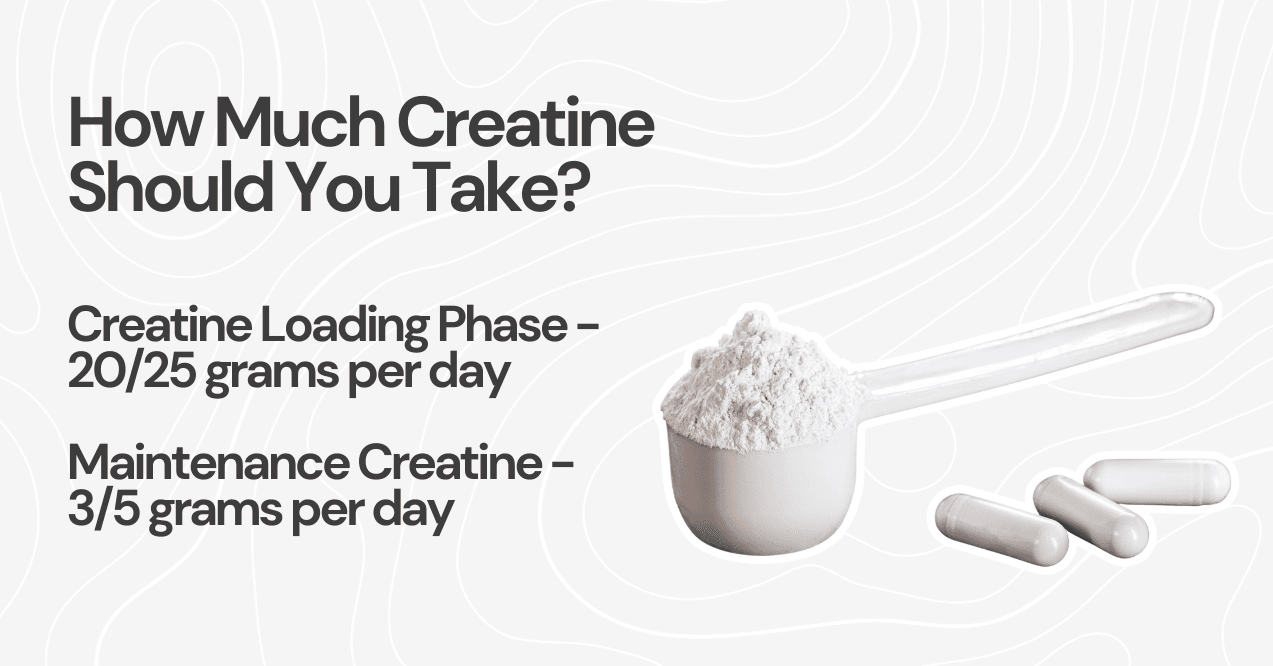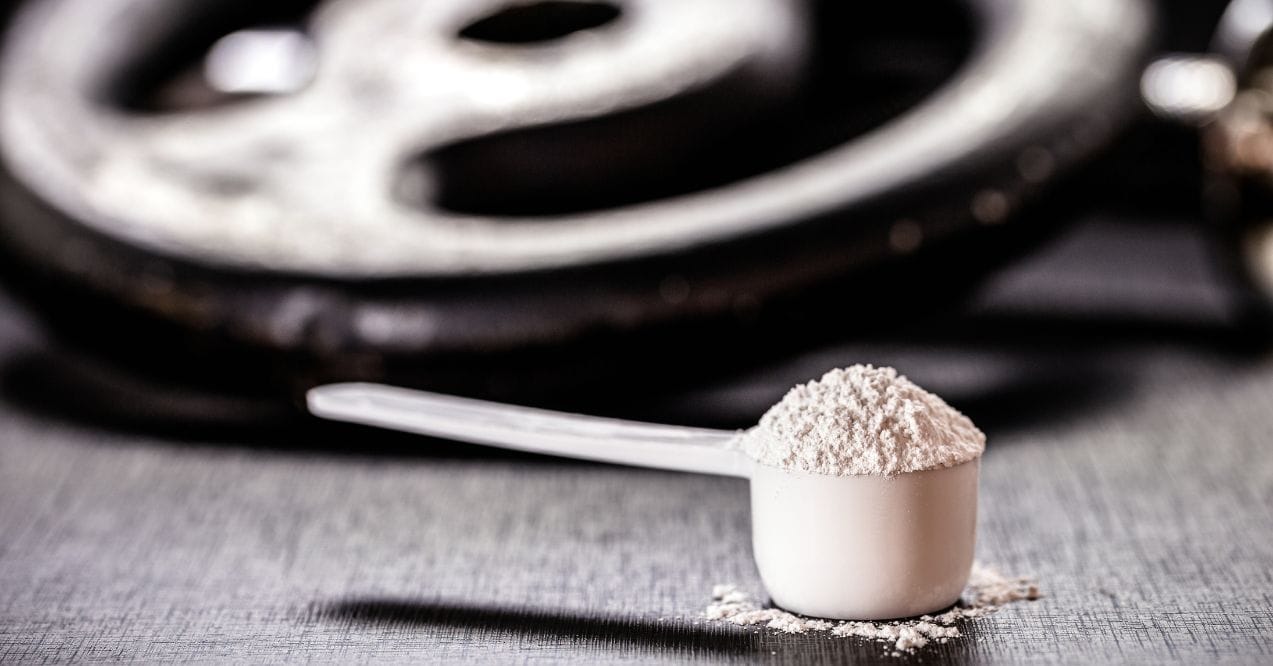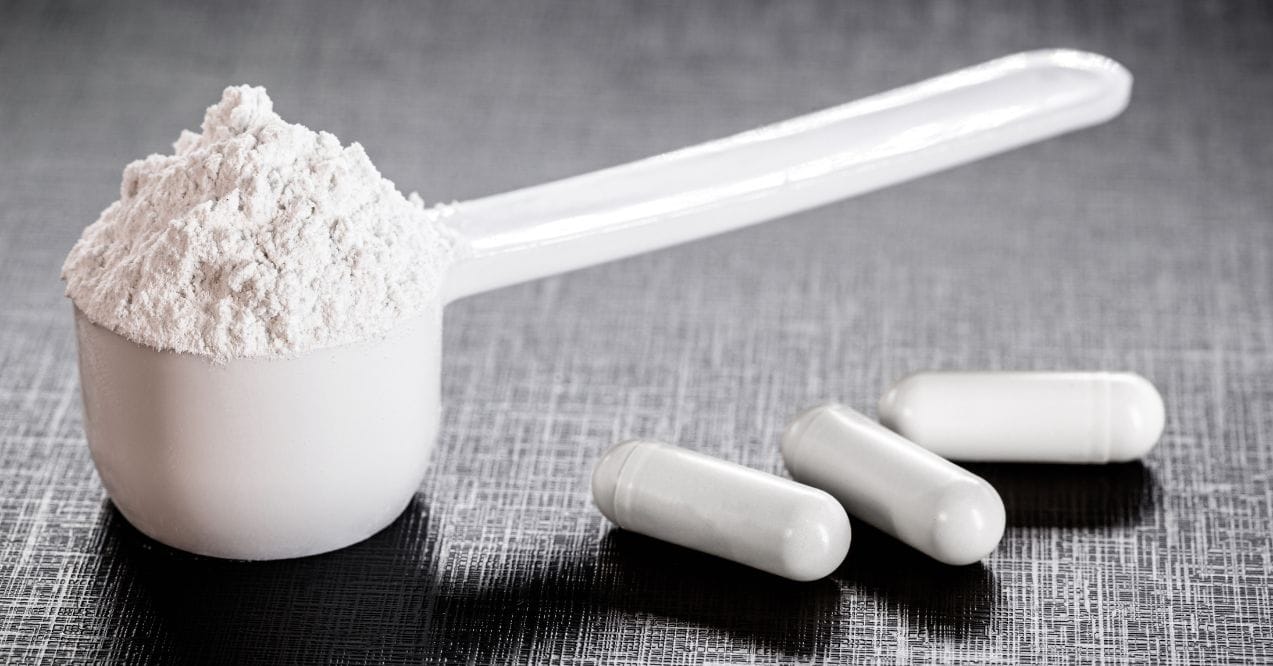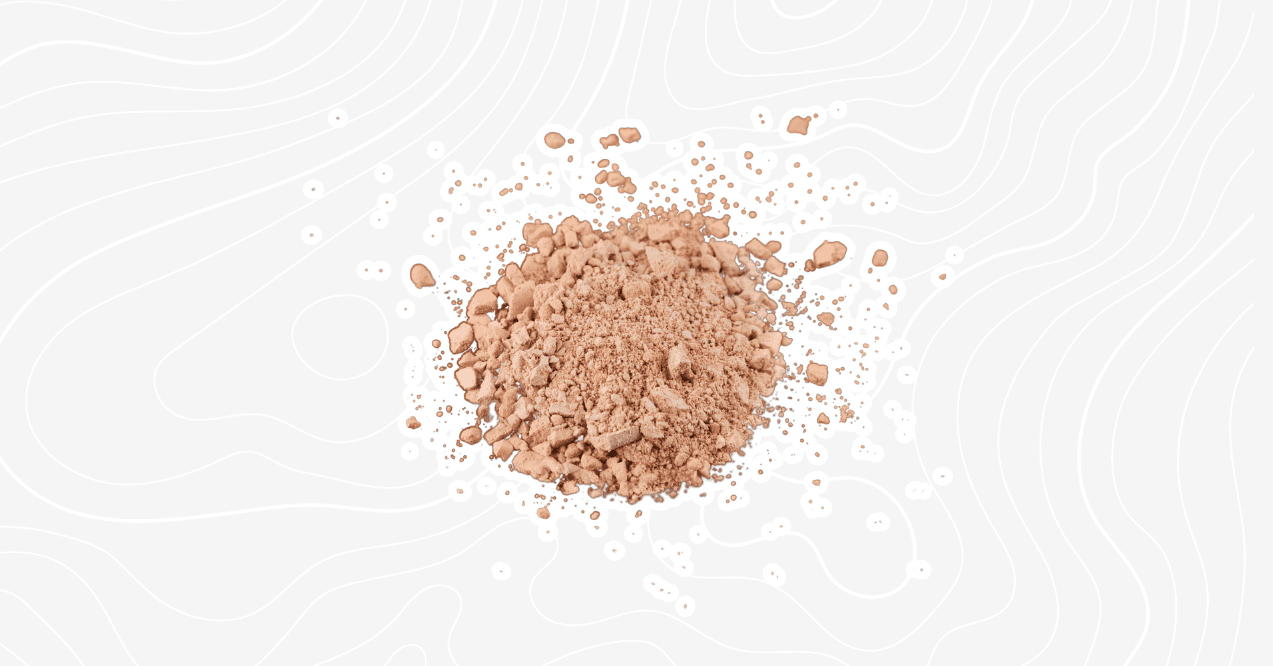Creatine on an Empty Stomach: When and How Much to Take it
Ever wondered about taking creatine on an empty stomach? Creatine supplements make athletes and gym-goers buzzing. It’s known for boosting performance and helping build muscle.
But when’s the best time to take it? Can I take creatine before bed? And does an empty stomach make a difference? Does creatine make you gain weight? Staying hydrated is another key factor – after all, knowing how much water to drink with creatine can significantly impact its effectiveness. Let’s dive in and explore the world of creatine supplementation, focusing on how to get the most out of this popular fitness powder.
Key Insights:

What to Know Before Taking Creatine?
Creatine is a naturally occurring compound found in small amounts in certain foods and produced by our bodies. It plays a crucial role in energy production, particularly during high-intensity, short-duration activities like weightlifting or sprinting. Here’s what you need to know:
- Creatine helps replenish ATP (adenosine triphosphate), the primary energy source for muscle contractions.
- It’s stored in muscles and used during intense physical activities.
- Supplementing with creatine can increase muscle stores, potentially improving performance and muscle growth.
Benefits of creatine supplementation may include:
- Enhanced strength and power output
- Improved muscle recovery
- Potential cognitive benefits
Now, you might’ve heard some concerns. Does creatine make you bloated? Does creatine make you gain weight? Some people do experience initial water retention, but don’t sweat it. It’s usually temporary and goes away as your body gets used to the supplement.
Can You Take Creatine on an Empty Stomach?
So, can you take creatine on an empty stomach? Can You Take Creatine Even When You’re Not Working Out? The short answer is yes, you can. But let’s break it down:
- Absorption – Some studies suggest that taking creatine with carbs might help your body absorb it better. But the difference? It’s usually pretty small.
- Comfort – Listen to your gut. Literally. Some athletes find that taking creatine on an empty stomach can cause a bit of discomfort. If that’s you, try it with a small snack.
- Timing – Whether you’re team empty stomach or team with food, what matters most is taking it regularly.
- Fasting – If you’re into intermittent fasting, you might be wondering, does creatine break a fast? Technically, it doesn’t contain calories, but if you’re fasting for specific health reasons, you might want to take it during your eating window. For more precise fasting schedules, you can use an intermittent fasting calculator to help guide your fasting routine and timing of creatine intake.
Taking creatine on an empty stomach is fine for most people. But if it doesn’t feel right, there’s no harm in taking it with food. Experiment and see what works best for you.
How Much Creatine Should You Take?

Now, let’s talk numbers. How much creatine should you be taking? It depends on a few factors:
Creatine Loading Phase
This is the express lane to saturating your muscle creatine stores. Here’s how it works:
- It lasts about 5-7 days.
- You take 20-25 grams per day, split into 4-5 doses.
- The goal? To quickly ramp up those muscle creatine levels.
But heads up – not everyone needs to do this. And if you’re taking creatine on an empty stomach, you might feel it in your gut during this phase.
Maintenance Creatine
After loading (or if you skip it), you move to maintenance:
- The sweet spot is usually 3-5 grams per day.
- Take it whenever works for you.
- The key is consistency – make it a daily habit.
When selecting a creatine supplement, purity and quality are key factors to consider. One option worth looking into is Trumeta Creatine. It uses Creapure®, a form of creatine known for its high quality standards. Produced in Germany under strict regulations, this creatine undergoes thorough testing to ensure consistency and purity.
It’s worth noting that Trumeta Creatine is suitable for vegetarians and vegans. When deciding on a creatine supplement, consider factors like production standards and purity to ensure you’re getting a reliable product that aligns with your dietary needs and fitness goals.

Who Should Avoid Creatine on an Empty Stomach?
While creatine is generally safe for most people, some individuals might want to avoid taking it on an empty stomach:
- Those with sensitive stomachs – If you’re prone to digestive issues, taking creatine with food might be more comfortable.
- People new to creatine – When starting supplementation, it’s often best to take creatine with meals to assess your body’s response.
- Individuals with specific health conditions – Always consult with a healthcare professional before starting any new supplement regimen, especially if you have pre-existing health concerns.
Conclusion
Does it matter when you take creatine? Not as much as you might think. Taking creatine on an empty stomach works fine for many people. The key to effective creatine supplementation is consistency, not perfect timing. Find what works for you and stick with it.
Timing isn’t critical for creatine. Consistency is key. Whether you take it on an empty stomach, with meals, or post-workout, the benefits remain similar. What matters most is taking it regularly. Find a time that works best for your routine and stick to it.
Generally, creatine is well-tolerated and easy to digest for most people. Some may experience minor digestive discomfort, especially during the loading phase or when taken on an empty stomach. If you’re sensitive, try taking it with food or splitting your dose throughout the day.
For best results, take 3-5 grams of creatine daily. Mix it with water or your preferred beverage. You can opt for a loading phase of 20 grams daily for 5-7 days to saturate muscles faster. Stay hydrated and combine with resistance training for optimal benefits.
Advertisement. This site offers health, wellness, fitness and nutritional information and is designed for educational purposes only. You should not rely on this information as a substitute for, nor does it replace, professional medical advice, diagnosis, or treatment. If you have any concerns or questions about your health, you should always consult with a physician or other health-care professional. Do not disregard, avoid or delay obtaining medical or health related advice from your health-care professional because of something you may have read on this site. The use of any information provided on this site is solely at your own risk.







